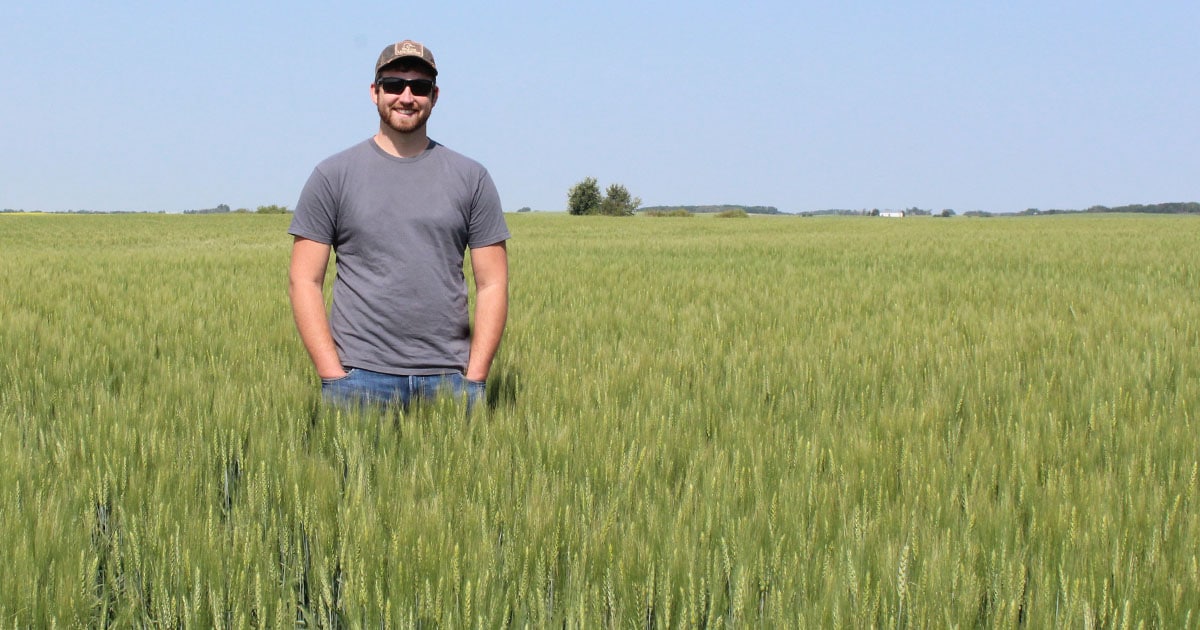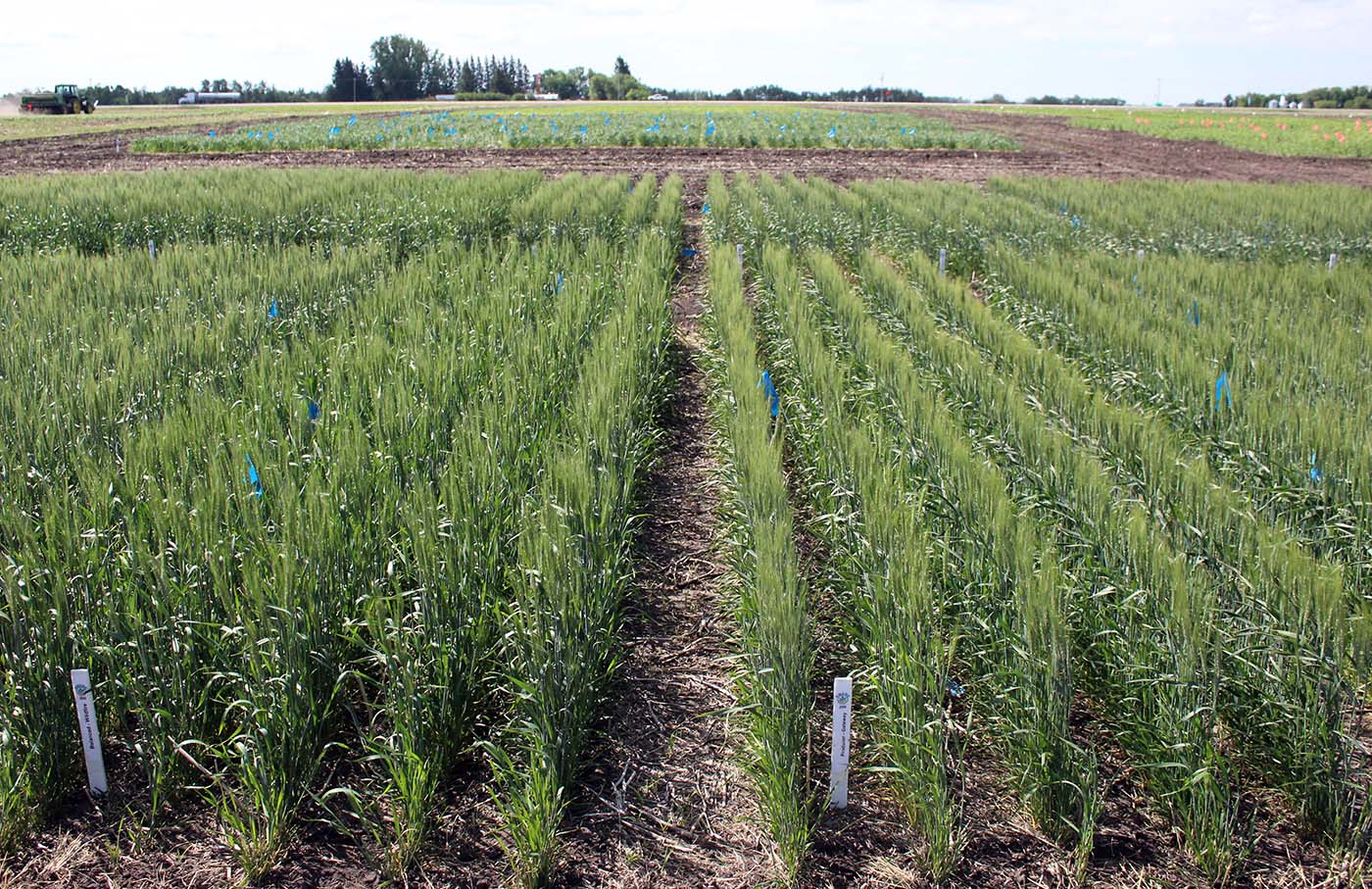Story
February 28, 2022
New DUC Research Will Help Farmers Save Fertilizer Costs
Federal/Provincial ‘Ag Action Manitoba’ Funds DUC Winter Wheat Study

In the upcoming crop year, demonstration fields seeded in several Manitoba locations will allow researchers to determine exactly how much fertilizer is required to grow winter wheat.
The study by Ducks Unlimited Canada (DUC) will provide farmers with precise answers about the level of nitrogen necessary, under varying conditions, to increase yield potential and reduce input costs.
With the current high costs for nitrogen fertilizers, we feel this research will provide critical data to producers, We are focused on finding a balanced fertility practice for the high-yielding winter wheat varieties that consistently pay-off for farmers.

Winter wheat will be grown at eight demo sites using the best agronomic practices – including fertilizer research from previous DUC Manitoba projects. Test locations include participating landowner fields near Oakburn, Newdale, Neepawa and Selkirk, plus government Diversification Centre plots at Melita, Carberry, Roblin and Arborg.
Anything that helps me save on nitrogen costs would be fantastic.
Lance Higgott farms 8,000 acres near Newdale MB and has participated in DUC research for several years. Higgott points out that nitrogen costs have quadrupled since the spring of 2021, from $400/ton to over $1600/ton.
The DUC research could encourage more producers to return to winter wheat. Despite consistent, favourable yields, winter wheat acres in Manitoba have dropped from a peak of 600,000 in 2013 to a low of 32,000 in 2020.
“Generally, we see better yields from winter wheat than our spring wheat,” notes Higgott. “And seeding 500 to 700 acres in the fall gives us a jump on the spring. There’s way less pressure.”
The governments of Canada and Manitoba are investing in the DUC research through Ag Action Manitoba, an initiative to strengthen the agriculture and agri-food industries. Funding is focused on climate change, adaptation, environmental sustainability and other sector priorities.
DUC is Manitoba’s oldest and most-recognized conservation group and has protected 736,796 acres in the province since launching in 1938. For more about DUC Manitoba agricultural programs, visit: https://ag.ducks.ca/my-programs/manitoba/.
